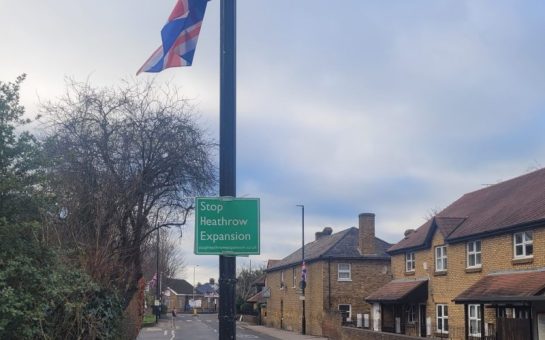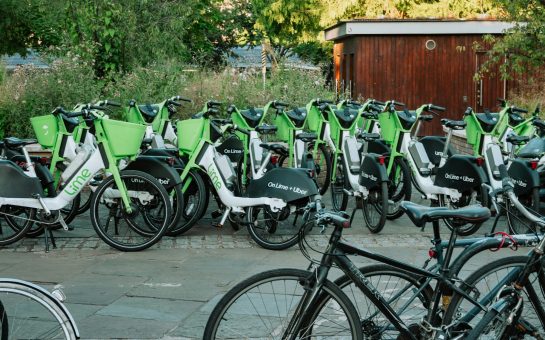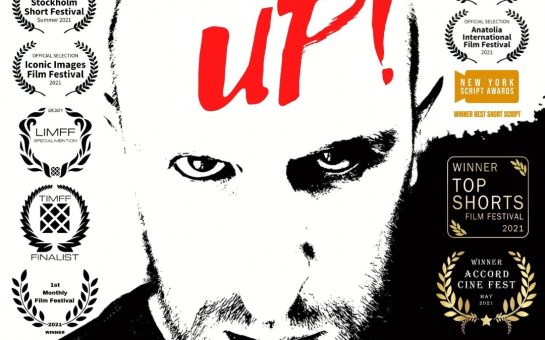Sadiq Khan has revealed the impact of lockdown on his battle with mental health in an effort to remove the stigma surrounding the subject.
The London Mayor’s comments come amid warnings from the Royal College of Psychiatrists of a “tsunami” of mental illness when lockdown ends.
“I’m a people person and love being out and about meeting Londoners, so the past year has definitely taken a toll on my mental health and wellbeing,” Khan told SW Londoner.
“Successive lockdowns have played their part because they increase our sense of isolation and come with so much uncertainty.
“I’m doing well at the moment though and I know I’m lucky. I have a family I get on with and a decent-sized home and garden, but at times I have found myself feeling low.”
The Mayor of London first opened up about his struggles in an interview with GQ magazine, saying he wanted to be interviewed to stimulate discussions about mental health.
He explained that his previous role as a lawyer and the attitudes within politics had contributed to his past silence.
Elected as mayor in 2016, Khan described a number of ways in which he has been able to stay positive during the pandemic.
He said: “I have learned a lot in recent years about responding to mental health issues and something that has really helped me navigate my ‘down’ days is exercise.
“I try to run, walk or cycle as much as I can and our dog Luna has been a lifesaver giving us another reason to get into the fresh air as much as we are allowed to.
“Speaking to my wife and daughters and keeping up with friends and family through video calls has also been really important.”
According to The Mental Health Foundation’s Wave 8 study, more than one in four Britons reported feeling lonely during the pandemic and a recent study from King’s College London showed that close to 40% of ICU staff were suffering from a form of Post Traumatic Stress Disorder (PTSD).
Asked what the Government needs to do to support those at risk of a mental health crisis during lockdown, Khan said: “For too long, mental health provision has not been given the focus it deserves and it is high time Ministers gave it parity with physical health.
“This pandemic, with its relentless tide of bad news, has felt like a collective trauma even for those of us not on the frontline.
“Public conversations around mental health and wellbeing have come a long way in recent years but there is still a long way to go.
“Funding for research and talking therapy is desperately needed as is a comprehensive review of how we treat, teach and talk to our young people about mental health issues.
“We also need to be mindful of the devastating mental health consequences wider inequalities may trigger – whether they are a result of problem debt, rising unemployment or structural injustice.”
Data from the Office for National Statistics revealed one in eight adults (12.9%) developed moderate to severe depressive symptoms during the pandemic.
Asked what tips he would give to those struggling with depressive episodes during lockdown, Khan said: “ I urge anyone struggling with mental ill health to speak to their GP or reach out to someone they trust.
“It can be easy to feel alone in big cities, especially during a nationwide lockdown, but, it’s at times like these when it is more important than ever we stay connected.
“I want London to be a city where conversations about mental health are normalised and there is no stigma about seeking support.”
If you are struggling with mental health, you can contact the Samaritans on 116 123.
For resources on staying resilient during lockdown, you can visit the Thrive LDN or Good Thinking websites.
Featured image: “The London Conference 2018” by centreforlondon is licensed under CC BY-ND 2.0




